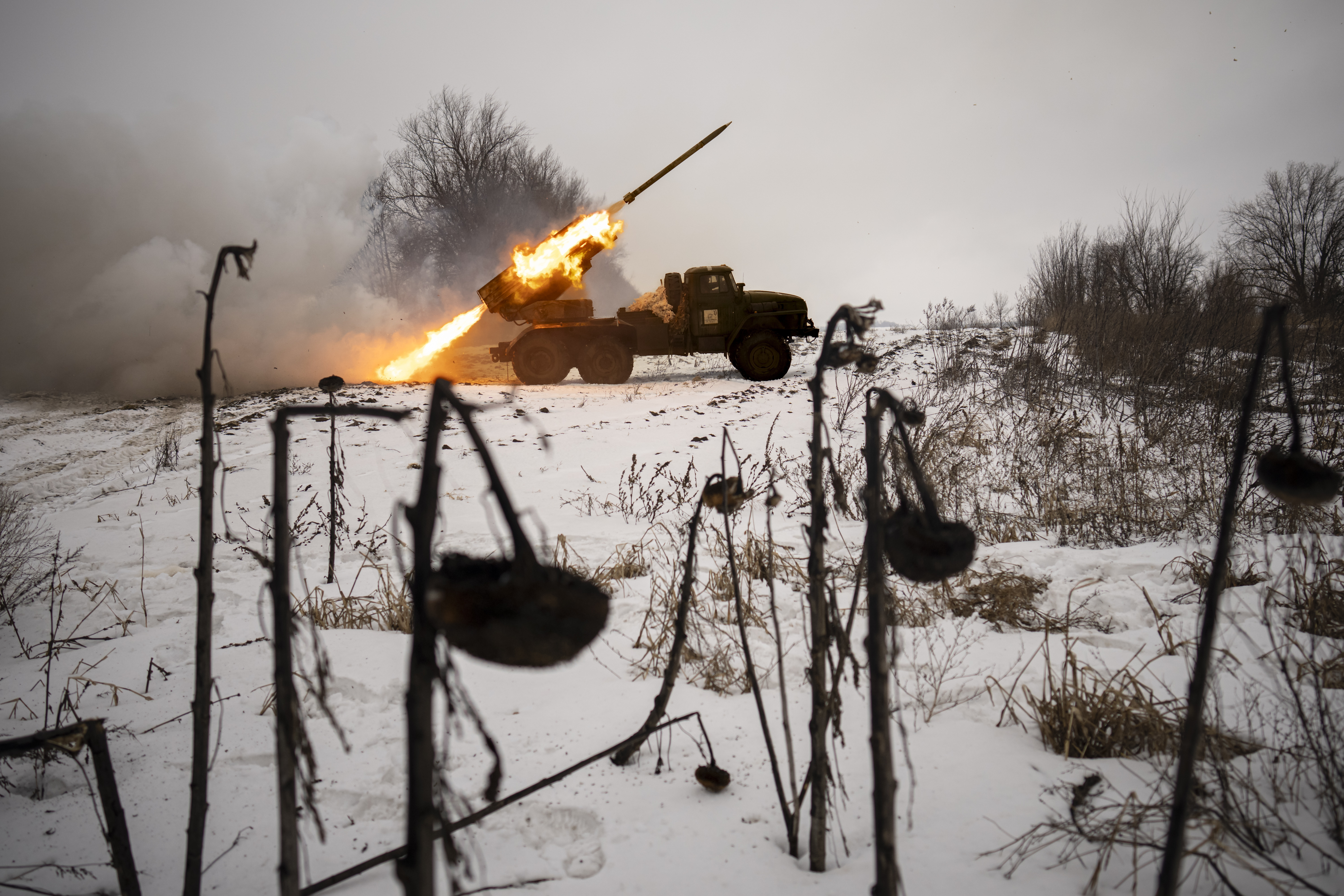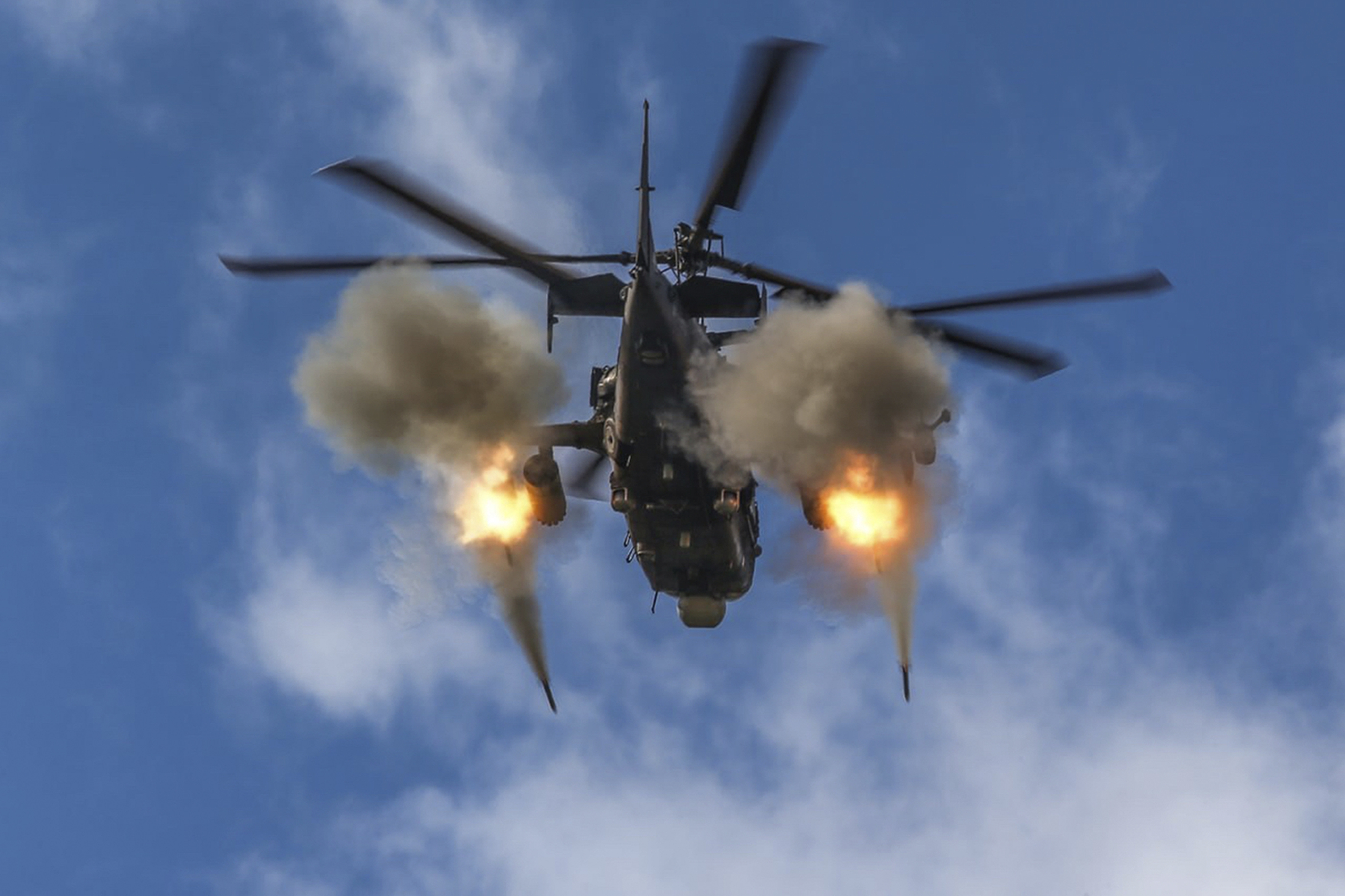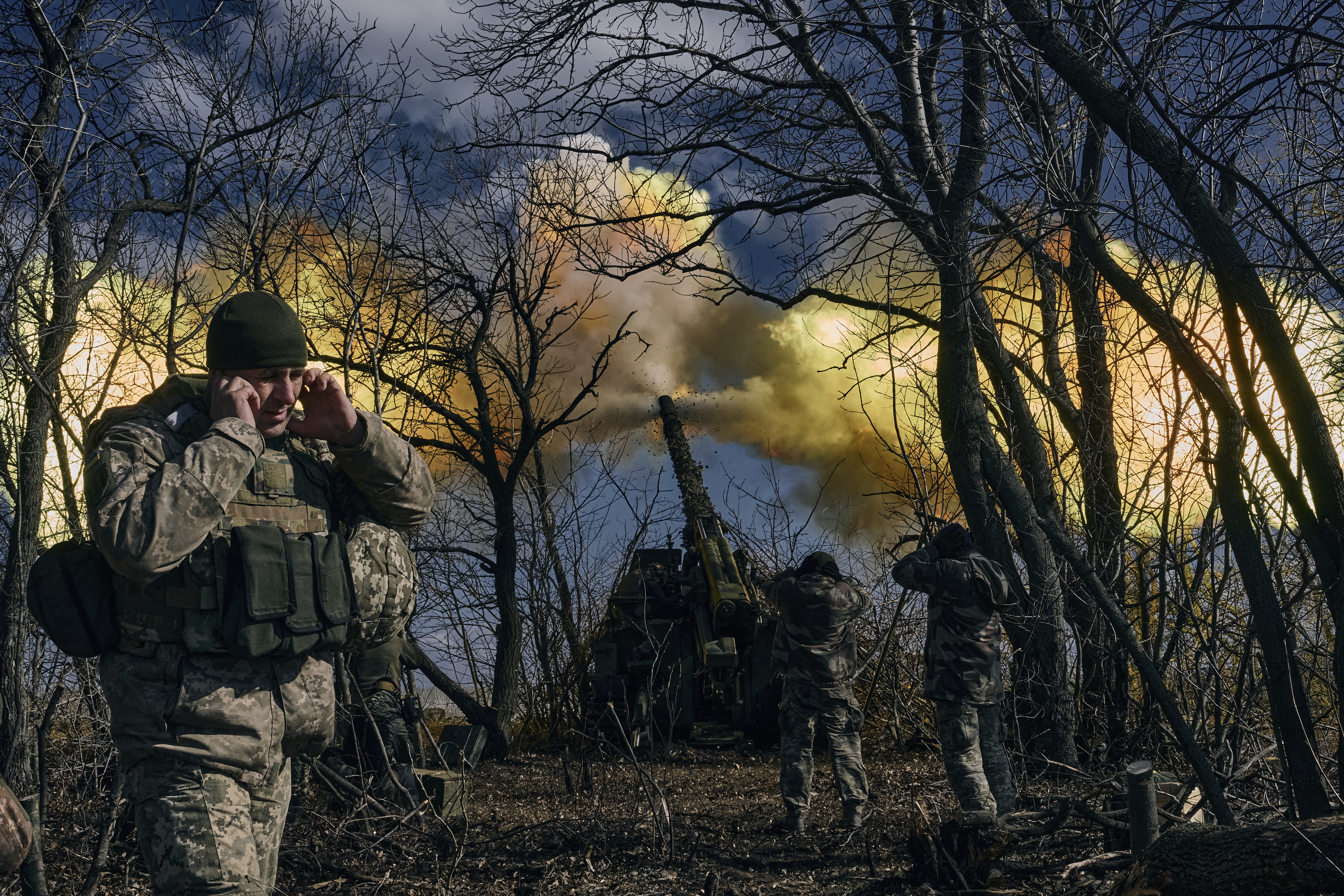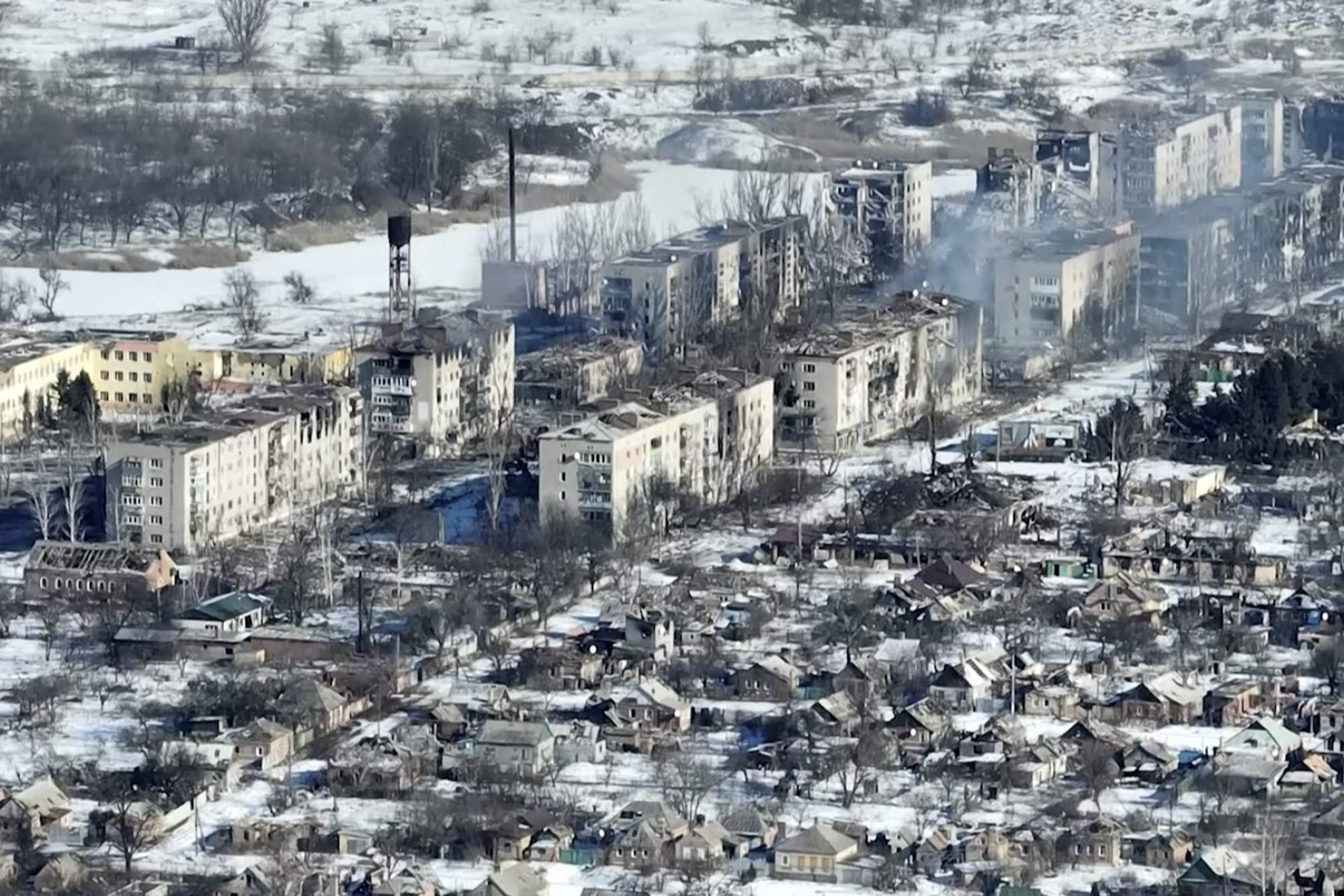
Ukraine’s defense minister said last week that without a proposal to end the 13-month-long hostilities between Russia and Ukraine, the spring counteroffensive could begin in April.
Kiev faces a key tactical question: how can the Ukrainian military force the Kremlin’s forces out of the territory they hold? Ukrainian President Volodymyr Zelensky is hard at work to keep his troops and civilians motivated for sustained combat.
How battles have played out so far and how the spring campaign could play out:
How did we get here?

Russia launched a full-scale invasion of Ukraine on February 24, 2022, but by July its attacks fell short of some key targets and lost momentum. Ukrainian counteroffensives from August to November recaptured large areas.
The fighting then escalated into a war of attrition in a hard winter and muddy, when the snow melted, in early spring.
Kyiv can now take advantage of improved weather to take the lead on the battlefield with new shipments of Western weapons, including dozens of tanks and Western-trained soldiers.
But Russian forces cling to their positions and wait behind minefields and miles of trenches.
What has happened to Russia so far?

The war revealed significant shortcomings in the Kremlin’s military potential.
Battlefield setbacks include Russia’s failure to reach Kyiv in the early days of the invasion, hold onto some areas, and capture the devastated eastern town of Bakhmut despite seven months of fighting. Attempts to break the Ukrainian will to resist, such as ruthless strikes on the country’s energy system, have also failed.
Moscow’s intelligence services grossly underestimated Ukraine’s resolve and the West’s reaction. The invasion also depleted Russian military resources, causing difficulties in the supply of ammunition and problems with morale and troop levels.
Russian President Vladimir Putin, clearly worried that the war could undermine public support for his government, has refrained from draining manpower through mandatory mass conscription.
“The problems for Russians are endless,” said James Nixey, director of the Russia and Eurasia Program at London-based think tank Chatham House.
Realizing that he cannot win the war right away, Putin is seeking to ease and delay the fighting in the hope that Western support for Kyiv will eventually fade, Niki said.
Russia’s strategy is to “destroy the West,” he said.
What awaits the Ukrainians?

The Ukrainian army begins with an influx of powerful weapons.
This week, Germany said it had delivered 18 Leopard 2 tanks to Ukraine that it had promised. Poland, Canada and Norway also supplied Leopard tanks. At the same time, British Challenger tanks also arrived.
Ukrainian Defense Minister Oleksiy Reznikov expressed hope that Western partners will supply at least two divisions of German Leopard 2s by April. He also expects six or seven battalions of Leopard 1 tanks with ammunition from the coalition of countries.
The US has also pledged Abrams and light tanks to France, as well as Ukrainian soldiers recently trained in their use.
Western aid was vital to bolster Ukraine’s fierce resistance and set the course of the war. Zelensky admits that without US help, his country has no chance of winning.
New deliveries, including howitzers, anti-tank weapons and 1 million rounds of ammunition, will strengthen the Ukrainian army and give it more power.
“One number of tanks can break the Russian positions,” Niki said.
In their counteroffensive, Ukrainian forces will try to break through the land corridor between Russia and the annexed Crimean peninsula, moving from Zaporozhye to Melitopol and the Sea of Azov, according to Ukrainian military analyst Oleg Zhdanov.
If they succeed, the Ukrainians “will cut the Russian troops in two and cut off the supply lines of the units further west towards Crimea,” Zhdanov said.
End of the game

The Institute for the Study of War, a Washington-based think tank, believes Ukraine will need a series of counterattacks, not just one, to gain the upper hand.
The operations will have a “double purpose: to convince Putin to agree to a negotiated settlement or to create a military reality favorable enough for Ukraine that Kiev and its Western allies can then end the conflict on their own, regardless of Putin’s decisions,” the statement said. the institute’s estimate was released this week.
Nicky has no doubt that in the coming months, each side will continue to “exhaust each other”, hoping to gain the upper hand at the negotiating table.
A pivotal period appears to be approaching: if Kyiv fails to make progress on the battlefield with Western-supplied weapons, the allies may be reluctant to send more expensive equipment.
The stakes are high: the defeat of Ukraine “will have global consequences, and European security will cease to be the way we understand it (at the moment)”, Niki said.
Source: Associated Press.
Source: Kathimerini
Anna White is a journalist at 247 News Reel, where she writes on world news and current events. She is known for her insightful analysis and compelling storytelling. Anna’s articles have been widely read and shared, earning her a reputation as a talented and respected journalist. She delivers in-depth and accurate understanding of the world’s most pressing issues.